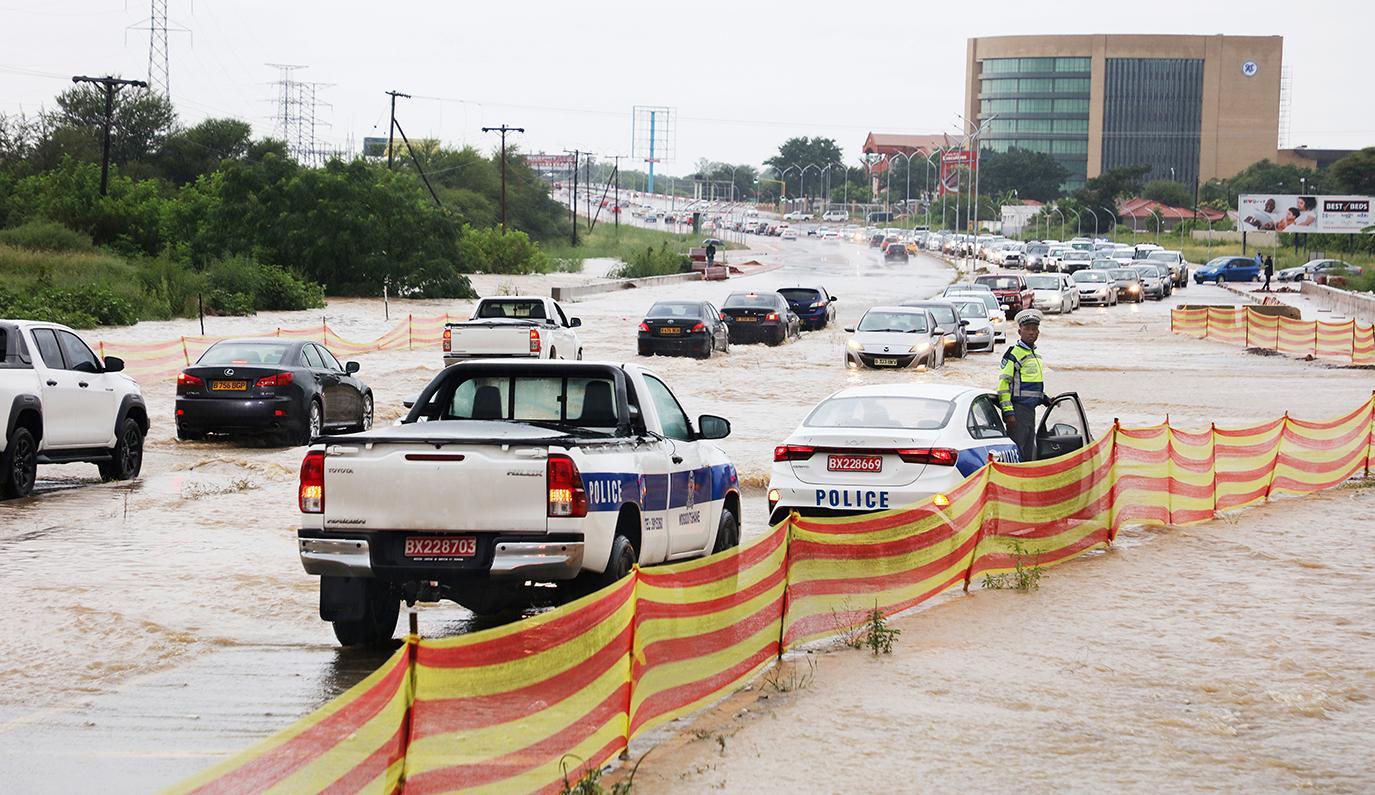Africa-Press – Botswana. Botswana experienced heavy rains and due to that, there is a likelihood of diseases outbreaks that may affect many people.
The Southern District Health Management Team (DHMT)’s Public Health Specialist, Dr Christopher Chembe said in an interview that it was important to understand that flood water might bring a surge of sewage, bacteria, and other pathogens because of disruption and damage to sanitation systems.
Dr Chembe explained that contamination of water sources was the primary cause of various waterborne diseases such as cholera, typhoid fever, and Hepatitis A, a viral liver infection that led to symptoms of jaundice, abdominal pains, fatigue and nausea
Dr Chembe cautioned residents of Kanye District that all these diseases were primarily due to ingestion of contaminated water. Above all, he said, other disease conditions are vector-bone diseases.
“Floods give rise to stagnant water, which serves as an ideal breeding ground for mosquitos,” he said.
Dr Chembe said the increase in mosquito diseases could lead to a heightened spread of vector-borne diseases such as malaria. He said malaria is characterised by fever, headache, and chills, which can become severe and fatal if not treated. He disclosed that two malaria cases were recorded in Kanye in January.
“The cases were imported by some foreign nationals from Ghana and Germany,” he said.
He added that Kanye District generally experienced a decline in cases of diarrhoea with dehydration with a recorded 36 cases last year as compared to this year’s 33 recorded from week 1 to 9. However, he said, the recorded cases are not from the rainy season as he further said Kanye District has no recorded disease outbreaks.
He cautioned that water contaminated with sewage and other pollutants is unsafe for consumption and further advised that to ensure safety, it is crucial to use boiled, treated or bottled water for both drinking and hygiene purposes.
He said the public is to ensure that any water used for drinking, cooking or any personal hygiene is clean and free from contamination to prevent diseases. It was also important to keep water vessels covered up. Dr Chembe advised people to practise good hygiene to prevent the spread of water borne diseases.
He said people should wash their hands well with soap and clean water, especially before eating, after using the toilet and after any contact with flood water or contaminated surfaces. He said this way it was simple to keep away pathogens.
He pointed that floods could compromise food safety and expose household foods to contaminated water. He said to avoid foodborne illnesses, people should not consume food that has come into contact with flood waters.
“Always ensure that food is properly sealed and stored” he said.
He advised that fruits and vegetables should be washed with very clean water and added that, even cooking should be done thoroughly to kill any pathogens. Dr Chembe advised the public to remove any stagnant water around homes and urged that medical attention be sought should they exhibit any unusual symptoms.
For More News And Analysis About Botswana Follow Africa-Press






